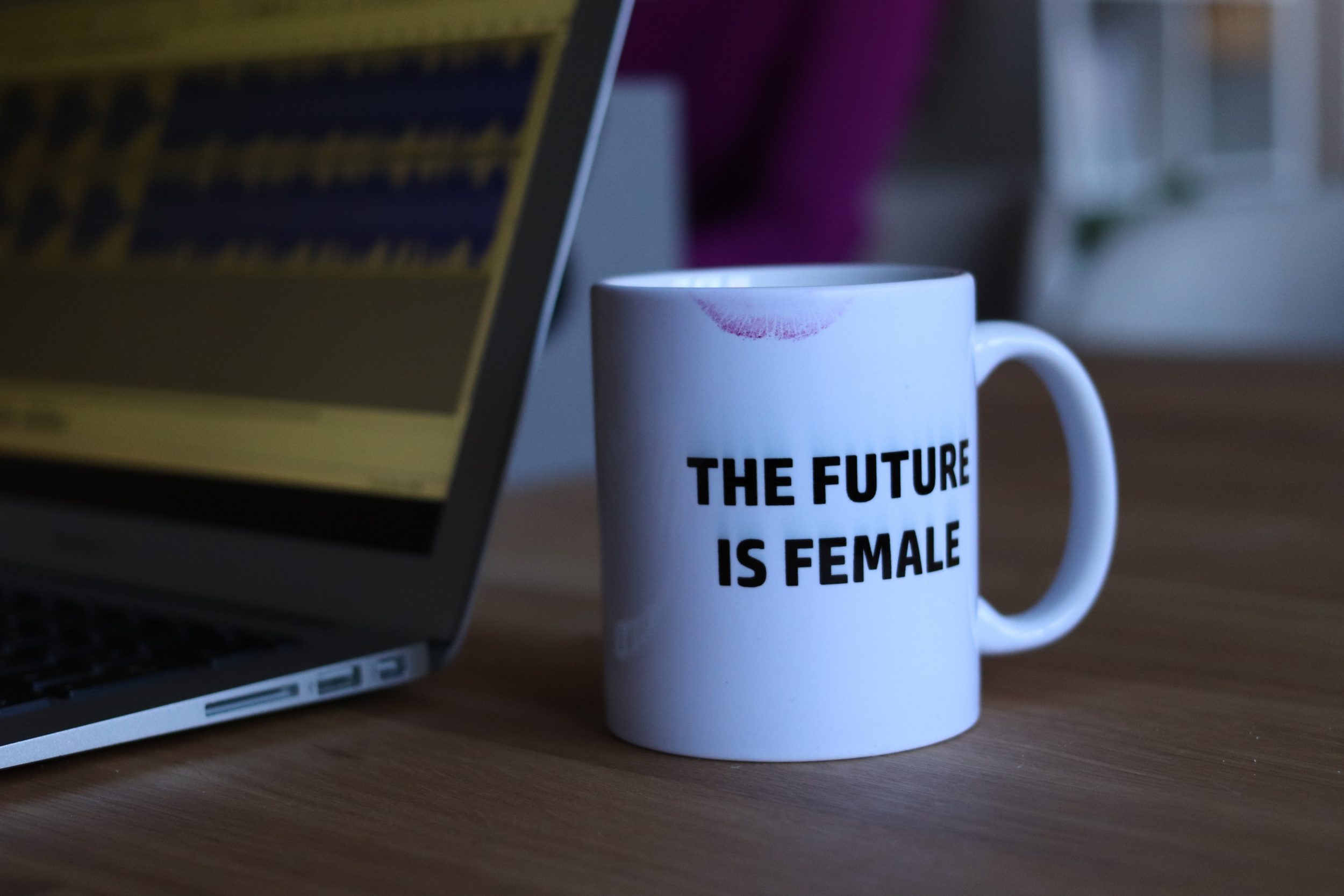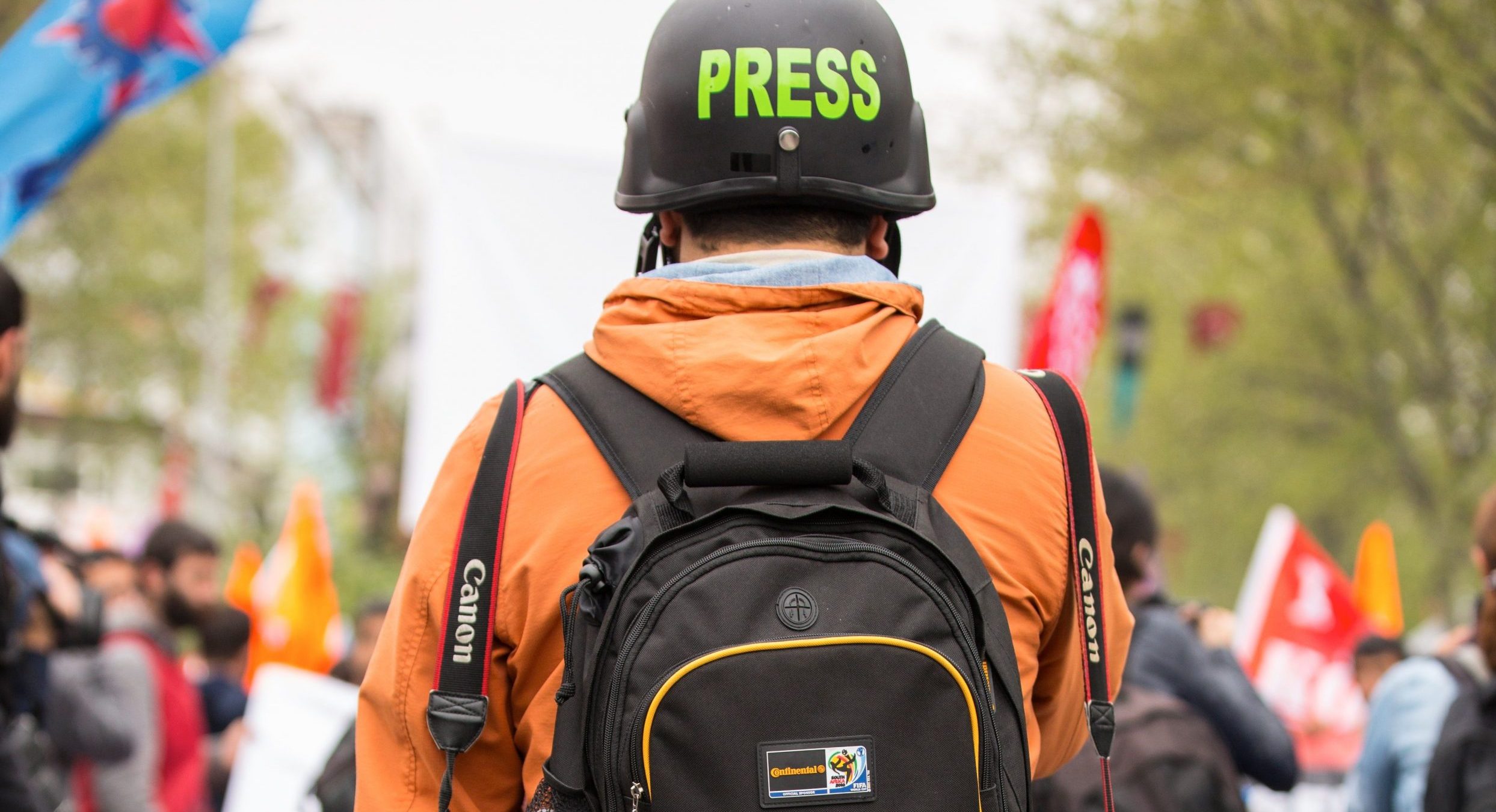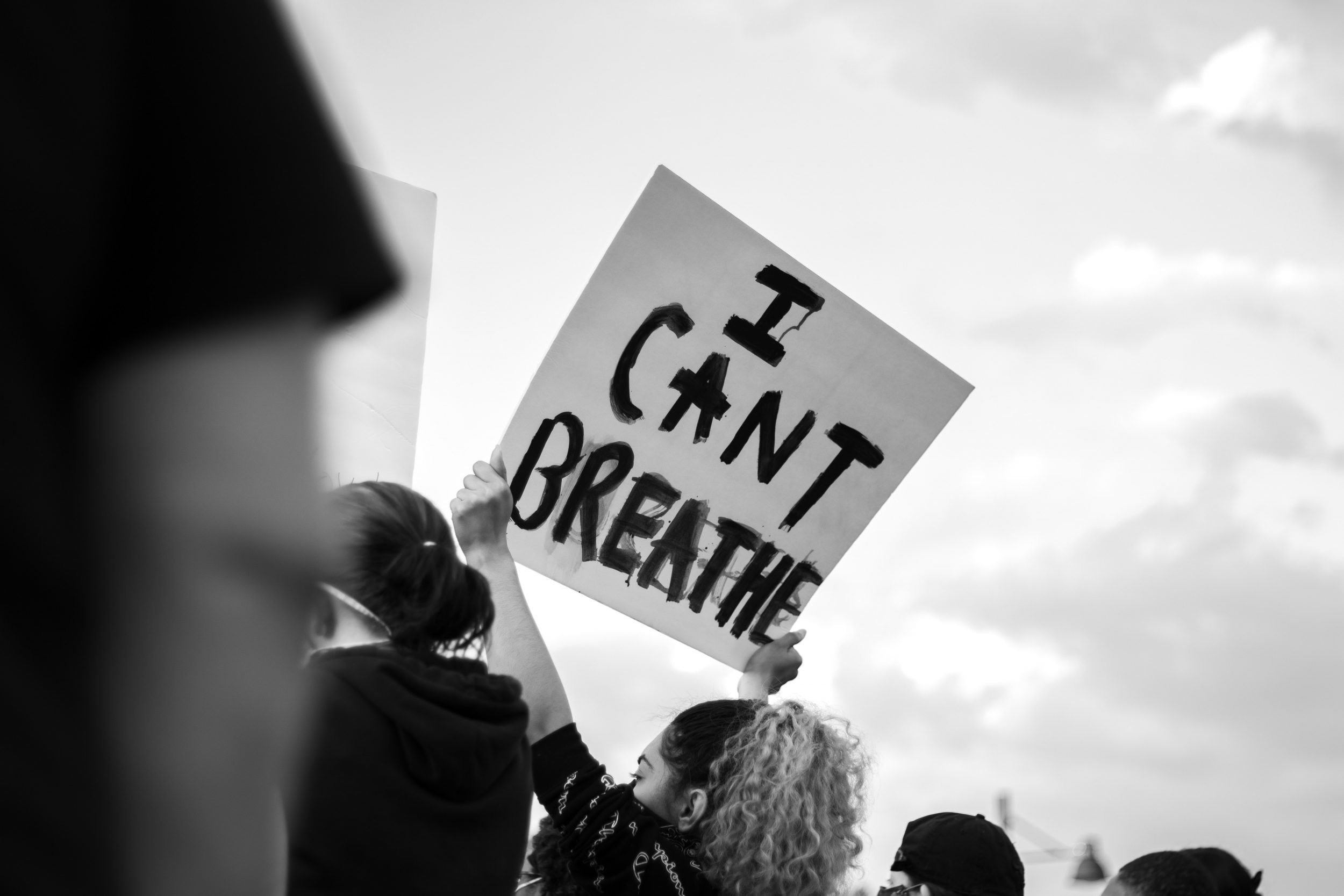 In advance of the release of two major upcoming films, ‘Snow White’ and ‘Wonka,’ – both inspired by earlier films that featured characters with dwarfism – Erin Pritchard, Senior Lecturer in Disability and Education at Liverpool Hope University, explains some of the implications of how people with dwarfism are represented in popular culture.
In advance of the release of two major upcoming films, ‘Snow White’ and ‘Wonka,’ – both inspired by earlier films that featured characters with dwarfism – Erin Pritchard, Senior Lecturer in Disability and Education at Liverpool Hope University, explains some of the implications of how people with dwarfism are represented in popular culture.
People with dwarfism, like me, are seen by most of society as nothing more than a novelty that is acceptable to mistreat. These beliefs and actions are largely the result of how dwarfism is portrayed within the entertainment industry, which is only permissible due to a minority of people with dwarfism fulfilling derogatory roles, such as Leprechauns, Elves, Oompa Loompas and Snow White’s dwarfs. Dwarfism is a rare disability and thus most people have only encountered someone with dwarfism in a film or television show, where their perceptions are created, and actions such as laughing at us are highly encouraged.
Usually, the upcoming release of two films featuring some of the most well-known and problematic representations of dwarfism would fill me with dread. Both the Seven Dwarfs and the Oompa Loompas are part of the most well-known set of characters with dwarfism. Unfortunately, these characters play on disablist stereotypes that result in the unequal standing of people with dwarfism in society. Due to past experiences of being called an Oompa Loompa or mockingly asked where Snow White is, you have to anticipate that these behaviours will rise again when a remake is released. This is on top of the usual stares and being photographed by strangers when you dare to venture out in public.
In the upcoming live-action remake of Snow White, it has been shown that the seven dwarfs have been replaced with magical creatures of all genders, ethnicities and most importantly, heights. This promises to downplay the previous association of dwarfism with Snow White. However, any hope that wider representations were changing was short-lived after the arrival of the trailer for the upcoming Wonka film starring Timothée Chalamet as the well-known sweet maker.
The trailer, promoting the film to be released in December 2023, features Hugh Grant as an Oompa Loompa, who is referred to by Wonka as a ‘funny little man’. Whilst Grant is a lot smaller than the Oompa Loompas featured in the 1971 version of the story, he dons the same green hair and orange skin, which is enough to prompt people’s memories of them.
Hugh Grant playing an Oompa Loompa can be considered ‘cripping up’ – the casting of a non-disabled person as a disabled character. However, the Oompa Loompas were never supposed to be dwarfs: if we look back to the original 1963 Roald Dahl story, the Oompa Loompas have gone through a number of changes.
In the book, the Oompa Loompas are not people with dwarfism, but pygmies that Wonka stumbles across in the African jungle. It is of course not surprising that the book was criticised for perpetuating British imperial ideologies, and as a result, one of the main changes within the film adaptation was the depiction of the Oompa Loompas. This was a result of the rightful protests from the National Association for the Advancement of Colored People (NAACP).
When Paramount Pictures declared that they would be turning Roald Dahl’s classic story into a film, the NAACP did not see the chance for several black people to be in a film. Instead, they advocated for the Oompa Loompas to be changed to not provoke racism. People with dwarfism should take a leaf out of their book and put fighting disablism before the entertainment opportunities for a few dwarf entertainers.
With the recent changes to both the seven dwarfs and the Oompa Loompas and the resultant debates, now is the time for the entertainment industry to rethink its roles for people with dwarfism. If they can change these roles so easily, that can surely open opportunities to more true-life roles for actors with dwarfism. For example, Meredith Eaton, an actor with dwarfism, played attorney Bethany Horowitz on the ABC hit series Boston Legal, demonstrating that these sorts of roles are possible.
The usual minority of dwarfs, such as Dylan Postl, most famous for being a WWE wrestler, complains that these changes are robbing people with dwarfism of a job. I would disagree, an argument which I have stressed in my newest monograph ‘Midgetism: The Exploitation and Discrimination of People with Dwarfism’. Disney’s choice in replacing the dwarfs with magical creatures is a choice that brings hope to many people with dwarfism that filmmakers are finally realising that certain representations of dwarfism are outdated and belong in the past.
Of course, there are numerous discriminatory barriers that make it hard for people with dwarfism to break into other areas of the entertainment industry, such as script writing. What makes it worse, as Mark Povinelli points out, is that script writers cannot see dwarfs as anything but fantasy characters or as a sight gag. However, a minority of people with dwarfism seem to think that being in the entertainment industry is somehow their birth right. In some ways, I can understand why. Even though I do not work in the entertainment industry, strangers often assume that I do, because dwarfism is seen more as a figure of entertainment than a disability. Thus, up until recently, there has been a stereotypical role for dwarfs to fill, not one that requires particular talent, just the right height. Yet, if dwarf entertainers consistently rely on stereotypical roles without questioning them, then writers and producers will never question if we are good for anything else. It also puts dwarf entertainers in a precarious position as they cannot expect filmmakers to always reproduce stories featuring dwarfs, in order for them to make a living.
People with dwarfism are not novelties or figures of fun. Yet their place in entertainment has been culturally constructed as if they are. Actors with dwarfism need to step out of their comfort zone and push for more roles that break away from those purely reliant on height. The award-winning actor Peter Dinklage is part of a growing number of actors with dwarfism doing just that. Dinklage is known for refusing stereotypical roles associated with dwarfism, such as Leprechauns or Elves. Other actors include Danny Woodburn, Linda Hunt, Kiruna Stamell, and Lisa Hammond. Woodburn often rejects offensive roles, and once sent a writer a critical review of a role he was offered, which resulted in the writer revising the script.
Like Dinklage, Woodburn’s decision to refuse problematic roles has landed him bigger and better parts. Whilst not all actors with dwarfism will be successful in doing this, it must be noted that other actors, including those from other minority groups, who fail to land big roles do not resort to derogatory entertainment. The reality is that acting is a hard occupation to succeed in, but that does not make it acceptable or ethical for dwarf entertainers to resort to roles which reinforce problematic beliefs and attitudes upon the rest of us. In fact, it further encourages those responsible for casting roles to believe that actors with dwarfism do not have the capacity to play more respectable roles.
A shift towards more respectable roles would help to dispel the perception that all of us somehow rely on entertainment as our only form of employment. This manipulation is permissible through the idea that due to our short stature, we are incapable of working in everyday occupations, yet most of us do. Of course, there are occupations that are off-limits to us – for example, we can’t join the military or pilot a commercial aircraft – but that doesn’t mean we must rely on entertainment. In fact, derogatory roles can damage our career opportunities. For example, lawyer Stephen Paul Miller was refused numerous jobs in the law profession, with one company citing that their reason for not hiring him was that people would think they were ‘running a circus.’ Furthermore, lawyer Silke Schönfleisch-Backofen successfully sued a man after he started laughing and singing ‘Heigh Ho’ at her in court.
When considering roles associated with dwarfism, instead of thinking that changing these roles may ‘rob’ a few people with dwarfism of a job, we need to look at the bigger picture and think about what damage it is doing to the wider dwarf community. To satisfy all, we should leave some representations in the past, along with the freak shows, and instead, provide more empowering and true-to-life roles for people with dwarfism.
This post represents the views of the author and not the position of the Media@LSE blog nor of the London School of Economics and Political Science.
Featured image: Photo by Myke Simon on Unsplash





